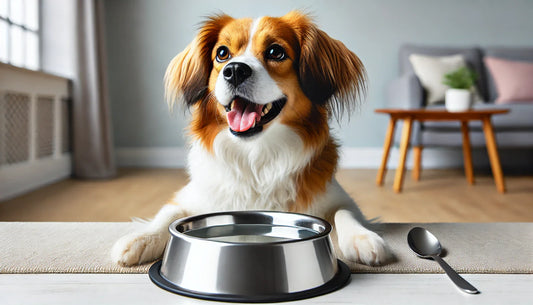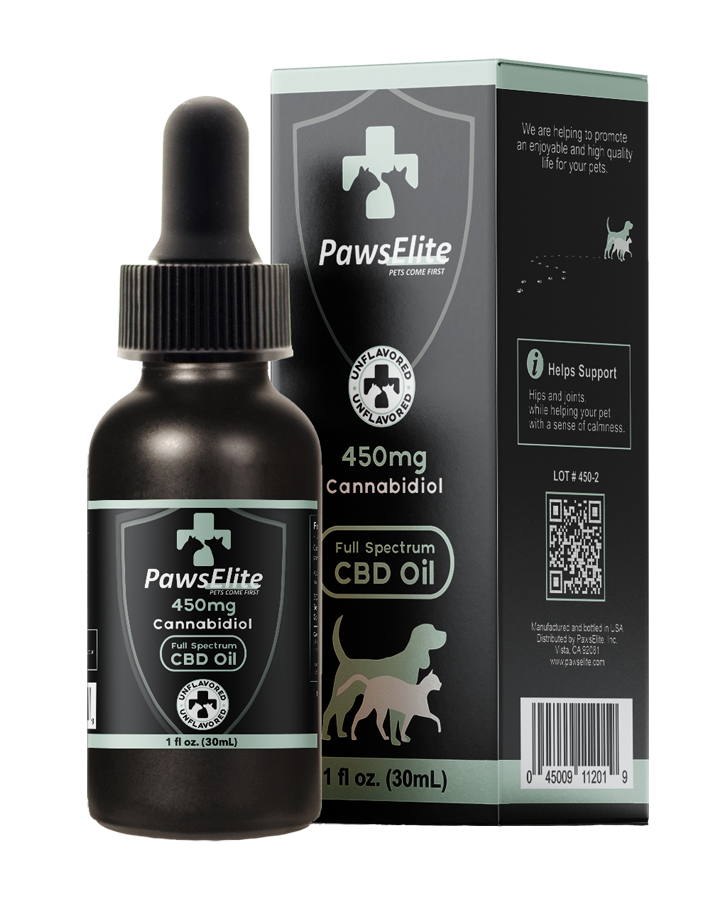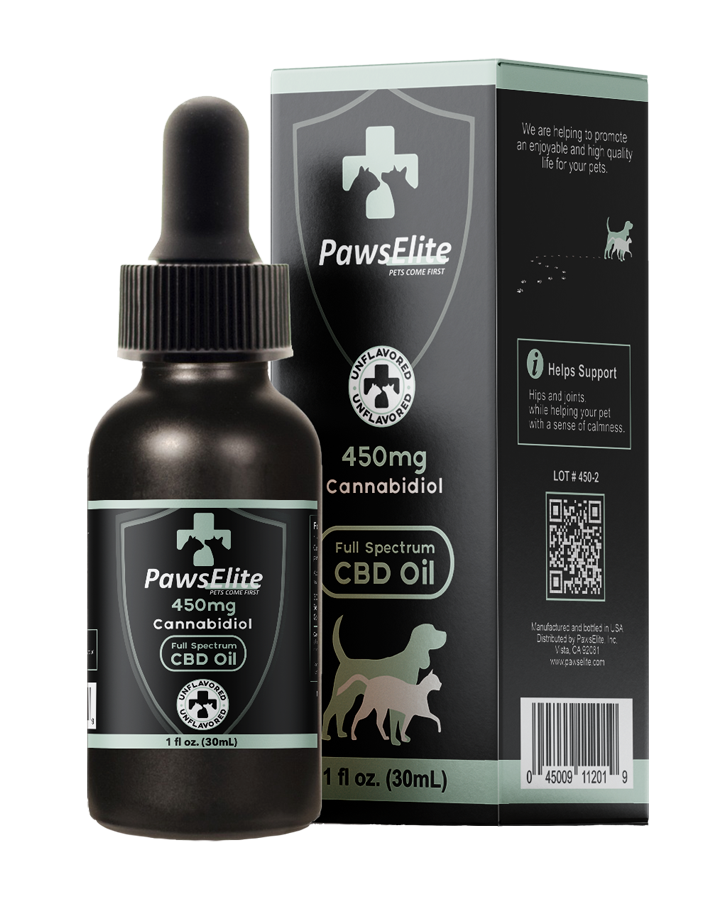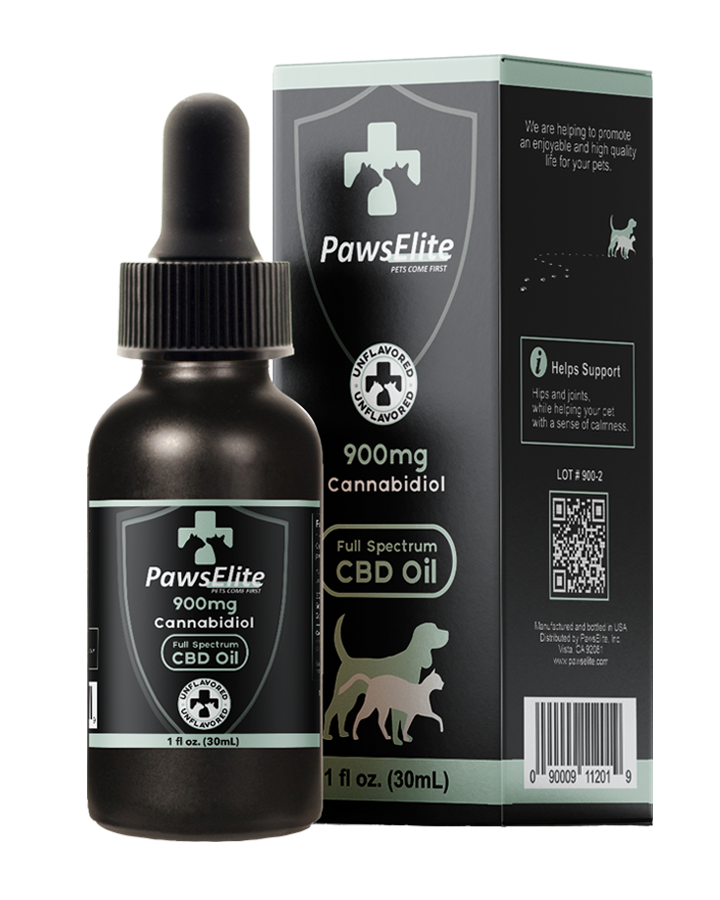
Why Does My Dog Smell So Bad?
Share
Understanding the Wet Dog Smell
One of the most common questions among dog owners is, "why do wet dogs smell bad?" This distinct odor often becomes noticeable after a dog gets wet. Understanding this smell involves knowing a bit about a dog's skin and fur. When dogs get wet, their fur traps moisture. This moisture, combined with natural oils and bacteria present in the fur, can create an unpleasant odor. This article will explore why this happens and provide some practical tips for managing and reducing the smell.
Why Do Wet Dogs Smell Bad?
The answer to "why do wet dogs smell bad?" lies primarily in the interaction between moisture and the natural oils in a dog's coat. When a dog’s fur gets wet, the moisture mixes with these oils and any bacteria present, which can amplify the smell. This is especially noticeable in breeds with dense or long fur. The moisture trapped in the fur creates a breeding ground for bacteria, which is often the source of the unpleasant odor.
Additionally, the wet dog smell can become more intense if the dog has not been properly groomed. Dirt and debris that get trapped in the fur can contribute to a stronger odor when wet.
Why Does My Dog Smell So Bad?
If you're wondering "why does my dog smell so bad?" even when dry, there could be several reasons beyond just getting wet. Poor grooming practices, skin infections, and diet are common contributors. For instance, if a dog has a skin infection or an underlying health issue, this can cause a persistent bad odor. In some cases, issues such as yeast infections or allergies can also lead to a stronger, more unpleasant smell.
Regular grooming is essential to help manage and reduce these odors. Brushing your dog frequently helps remove dirt, loose hair, and debris that can contribute to the smell.
Why Does My Dog Stink?
If you find yourself asking "why does my dog stink?", it's important to consider a few factors. Odor can sometimes be a sign of an underlying health problem, such as a bacterial or fungal infection. Other causes might include poor oral hygiene, digestive issues, or even parasites.
Addressing these issues often requires a visit to the vet. They can help diagnose any health problems and recommend treatments to address the odor. Regular check-ups are crucial for maintaining your dog's overall health and preventing persistent smells.
What Smells Do Dogs Hate?
Understanding "what smells do dogs hate?" can be helpful in managing your dog's environment and reducing unwanted odors. Dogs generally dislike strong, pungent smells like citrus, vinegar, and certain essential oils. Using these scents strategically can help manage the smell in your dog's living area.
For example, a small amount of vinegar or lemon juice in a cleaning solution can help neutralize odors in areas where your dog spends time. However, always ensure that any products used are safe for pets. For more tips on using these scents, you can refer to PetMD's guide on removing dog smells from your home.
Why Do Dogs Smell When Wet?
So, "why do dogs smell when wet?" The intensified odor when a dog is wet is due to the same factors that contribute to the general wet dog smell. When a dog's fur gets wet, the moisture combines with the natural oils and bacteria, enhancing the odor. This smell is often more pronounced if the dog has been exposed to environmental elements like mud or if the fur is not thoroughly dried after getting wet.
Keeping your dog dry and clean is key to minimizing this smell. Regular grooming and proper drying techniques can help manage and reduce the intensity of the odor.
Specific Dog Breeds That Smell
Some dog breeds are more prone to developing odors due to their skin type and coat characteristics. For example:
- Cocker Spaniels often have a strong odor due to their floppy ears and dense fur, which can trap moisture and bacteria.
- Basset Hounds are known for their loose skin and strong scent, which can be exacerbated by wet conditions.
- Boxers can develop a noticeable smell, particularly if they have skin issues or are not regularly groomed.
For more information on these breeds and their unique grooming needs, check out the linked articles.
Ways to Clean Wet Dogs
Proper cleaning and drying techniques can help manage the "why do wet dogs smell bad?" issue. Here are some tips:
Regular Grooming
Frequent brushing helps remove dirt, loose hair, and debris that can contribute to odor. For a guide on how to groom your dog, visit AKC’s grooming tips.
Proper Drying
After your dog gets wet, make sure to dry them thoroughly with towels. Using a blow dryer on a cool setting can also help speed up the drying process. For more drying tips, see Petfinder’s grooming guide.
Quality Shampoo
Use a high-quality, dog-friendly shampoo that helps control odors. Shampoos formulated to address odors can be beneficial. You can find recommended products in Chewy’s dog shampoo section.
Healthy Diet
A balanced diet supports healthy skin and fur, which can reduce bad odors. Learn about the best diets for your dog at
Holistic Approaches to Managing Wet Dog Smell
In addition to traditional methods, holistic approaches can also be effective in managing wet dog smell. Here are some natural strategies to consider:
Essential Oils
Certain essential oils, such as lavender and chamomile, have natural deodorizing properties. You can add a few drops to your dog’s shampoo or use a diluted solution to lightly spray on their fur. Always ensure the oils are safe for pets and consult with a vet before use.
Apple Cider Vinegar
Apple cider vinegar can help neutralize odors and balance the pH of your dog's skin. Mix equal parts of apple cider vinegar and water, and use it as a rinse after your dog’s bath. This can help reduce the intensity of wet dog smell. For more information, visit AKC's guide on apple cider vinegar for dogs.
Baking Soda
Baking soda is another natural deodorizer that can help manage dog odors. Sprinkle it on your dog’s dry fur and brush it out before bathing. You can also use it on their bedding to help reduce lingering smells.
Herbal Remedies
Herbs like parsley and mint can be added to your dog’s diet to help freshen their breath and reduce body odor. Always consult with a holistic vet to ensure these herbs are appropriate for your dog's specific needs.







